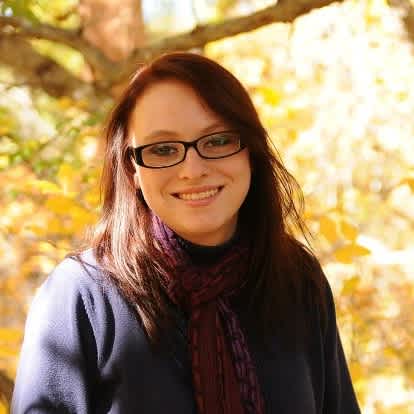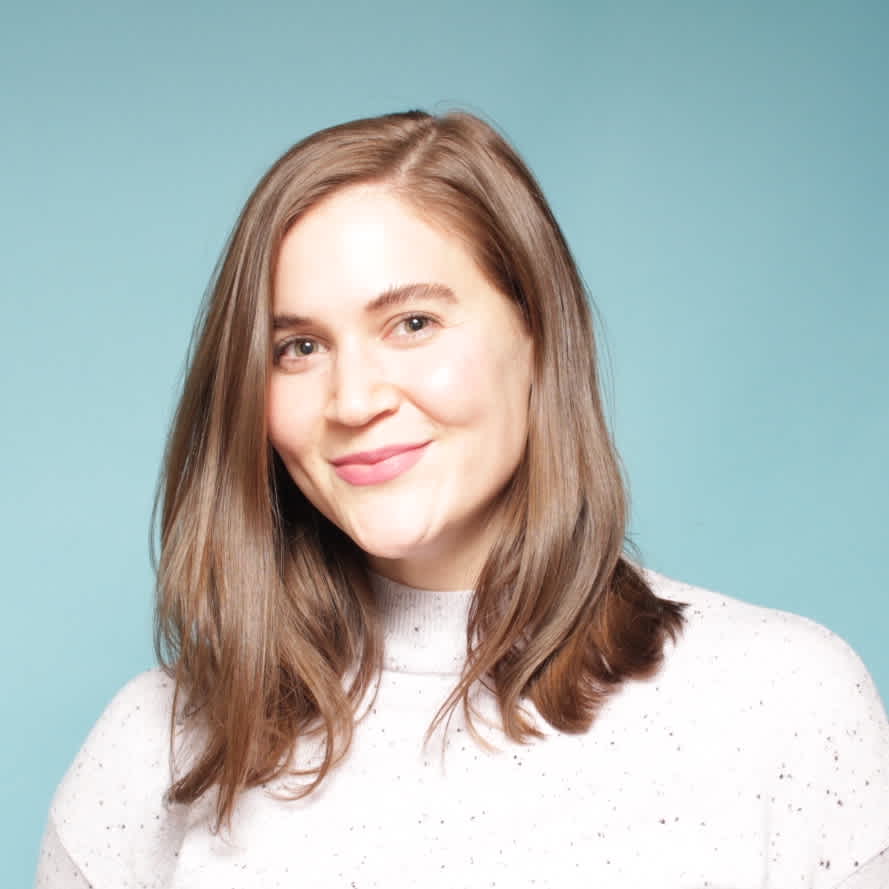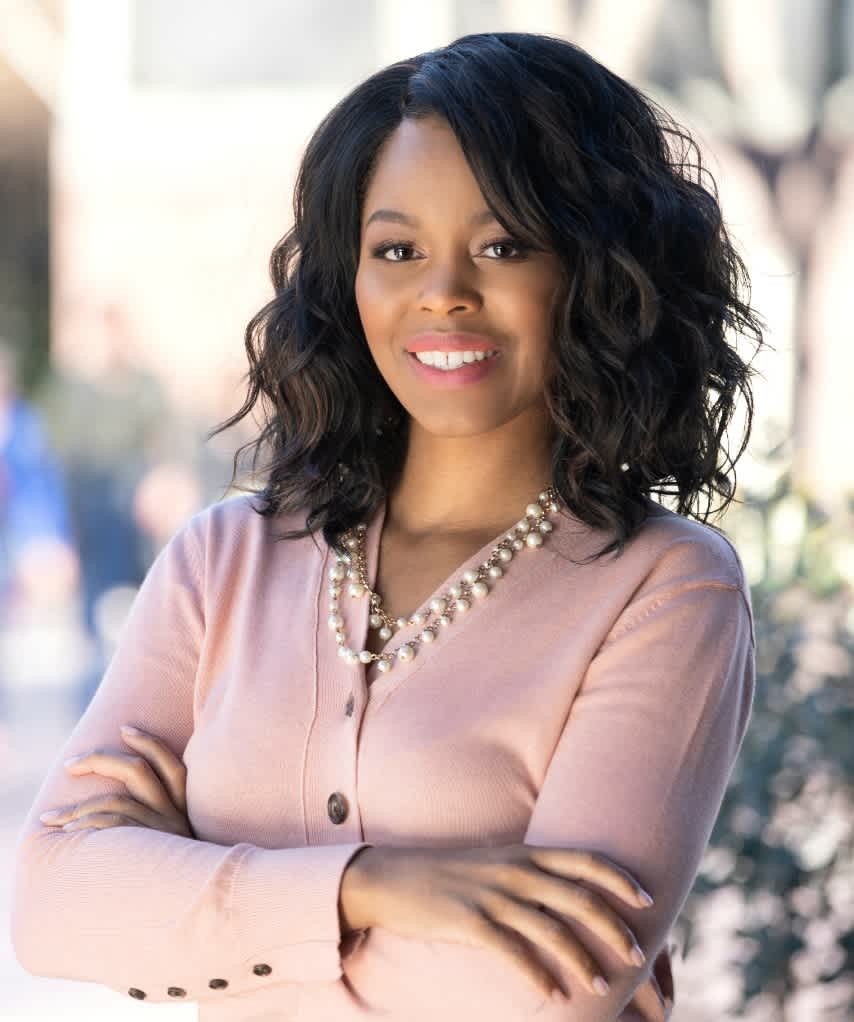Building a diverse and inclusive team takes on renewed importance in difficult times. This Pride month, employers should be keenly aware of the increased hostility toward the LGBTQIA+ community in today's political climate. It's more meaningful than ever to show up for your team as an advocate, and work to build a culture of acceptance and belonging.
One way to support a diverse team is through Employee Resource Groups, or ERGs. These employee-led groups bring underrepresented people together to build community, impact the business, and create awareness. Because of their added contributions to the company and the work culture, it's a great idea to compensate ERG leads — a practice we adopted at Justworks.
"From a leadership standpoint, our ERGs keep us honest and challenge us to talk the talk and walk the walk," said Layla Ramirez, Director of DEIB at Justworks. "It is hard to overstate the impact of ERGs as accountability partners with regard to fostering our JustBeYou culture."
This Pride month, we're sharing an interview with the leaders of OUTworks, Justworks' LGBTQIA+ ERG. Through their experiences, co-leads Judson Morrow and Cassidy Farrell offer insight for employers who want to show support and build community for their own teams.
Can you share some background about OUTworks and how you became involved?
Judson:
Well first, OUTworks promotes an inclusive and positive LGBTQIA+ environment, in both the workplace and our community through education, forum, and social events. It is one of the older employee resource groups here at Justworks.
I originally got involved in a very casual, non-leadership way. When I started the job here in June 2019, I really joined it as a social club — I just wanted to know the other queer people at the job, right? And then I got pretty involved with events and programming, so when the person who held the co-lead position was leaving the company, I was asked if I was interested in taking on the role. Being a co-lead also helps me reduce my anxiety because I know everybody — when I walk into a room full of Justworkers, I know them all!
Cassidy:
I first joined Justworks about two years ago. I called that first year my freshman year, and in that time, I was really focused on making a name for myself outside of being a queer person. Then year two, my sophomore year, rolled around. And I thought, okay, people know me for my metrics, my accomplishments, and for the work I'm actually bringing. How do I make my mark at Justworks? I was working closely with Judson and watching him do everything that he's done with OUTworks, and the opportunity came to join him as a co-lead. And to me it was actually a no-brainer.
Judson said It helps ease his anxiety, but for me, it levels me out. Of course this is a business and I have numbers to hit, but there's more to the world than just our work. Being a co-lead reminds me that there's more to the job. It kind of brings me back to a wholesome level.
What is the impact of being part of an ERG? What does it mean to you to lead within this community?
Cassidy:
I was raised on the belief that if you don't like something, do something about it. Being service-minded, being able to roll up your sleeves and do some work — that's where the differences take place. It's really awesome that Justworks has this ERG and that's great, but there's still so much work to do. I'm here to do my part for this community and really get my hands dirty.
One of the other reasons I took on this role was I think ERGs are still very much undervalued at organizations. I felt as though by joining I could help make an impact where people could see us and realize, "Oh they have an ERG, they're accepting, and I want to work there." I want to inspire more organizations to be able to provide resources for people that may not have it from their friends, their family, or their hometown.
Judson:
The impact for me, and the reason that I took the leadership position, actually has a lot to do with being a person in recovery. There is a mantra that service keeps you sober. I can't always be of service at a meeting necessarily, but being able to be of service to this community at work helps me stay sober overall.
The environment feels more hostile this year at Pride compared with last year. Can you talk a little bit about what your community is feeling and going through?
Cassidy:
On a personal level, I got engaged this past year. My fiance and I have been feeling like we're mourning the death of opportunities, for lack of a better term. It sounds morbid, but that's how it feels. It's things like trying to pick a wedding date based on who's going to be our next president. It's thinking about when raising kids, what states we can and can't live in. These are things we never thought we'd have to think about, but we've been forced to think about them. It's the fact of being told no, or being told I'm not safe — it's limiting. It's been hard.
I also recognize that what I'm dealing with and what the person next to me is dealing with are going to be really different. I don't know what it's like to be trans. I know members of that community, and they're struggling, and they're hurting beyond anything I could ever fathom or imagine. We can be available for our friends and coworkers, and give them face time and be a listening ear. But at the end of the day, they do have limited resources. And the world is starting to feel really small.
Judson:
I was connecting with a friend recently, and they shared with me the phrase, "soul tired." It's like a physical, psychological, emotional, cultural, social, spiritual exhaustion that is beyond self care. It's not something we can get rid of with a couple of days off of work.
I personally feel like I'm on solid footing as a queer person, because I'm a white, cisgender male. I have a good job, I have a partner, I have friends, and I have a network of support. So it gives me the energy to focus on those who are being attacked more directly, which at this particular moment is definitely the trans community and queer people of color (QPOC). I cannot and would not speak necessarily to what each individual in that group is experiencing. But it's pretty easy to look out at the world and particular legislation and think, wow, that must cause an immense amount of hurt.
What advice would you give to employers who want to support their LGBTQIA+ employees?
Judson:
You know, I have conversations with other ERG leads a lot, they say they're having a really hard time getting their group to be engaged. I tell them that as an ERG lead, you kind of have to share a lot about yourself to get people to open up and trust you. I would say the same thing to employers. If you're serious about the inclusion and belonging of the team that you're building, you can't just expect that everyone will buy in. Unless you're willing to share some level of vulnerability, you're not going to get it from your people — especially if you're a member of the majority group or have majority status.
Also, show support and show up. I was in California for our WeHo Pride activations in LA, where we had a float with some of our West Coast team. And later this month, Justworkers are going to be marching in the St. Pete Pride parade in Florida. Obviously Justworks has an office in Tampa, and we have some great committee members of OUTworks there. They told us about how St. Pete Pride is a vibe, and hundreds of thousands of people show up. We want to turn out for them. We're a New York company in Florida, we have a very open sensibility, and we want to support our team there.
Cassidy:
I think a really easy thing that leaders can do to help foster a better environment is understanding and using different vocabulary. Things like asking, "Who's your partner?", changing from "you guys" to "y'all," and asking about what pronouns people use. When people don't have to correct you based on assumptions, it takes work off of them, and it leads to better, deeper communication and relationships. I know I say it's easy, but it's not — you're unlearning things and re-teaching yourself. But I think that level of curiosity and a commitment to try really does matter to people.
I also think engaging in more trainings can help any organization be better. It matters from a recruiting standpoint, for overall employee happiness, and for retention. For example, OUTworks is partnering with our lovely DEIB team to provide an LGBTQ+ sensitivity training hosted by Callen-Lorde. It's for any Justworkers looking to learn, ask questions, engage in broadening their knowledge, and honestly to just support the community during Pride and beyond. We can all do a better job of seeing things differently, or at least acknowledging different lenses of the world.
Learn more with Justworks’ Resources
Scale your business and build your team — no matter which way it grows. Access the tools, perks, and resources to help you stay compliant and grow in all 50 states.










